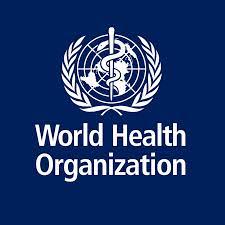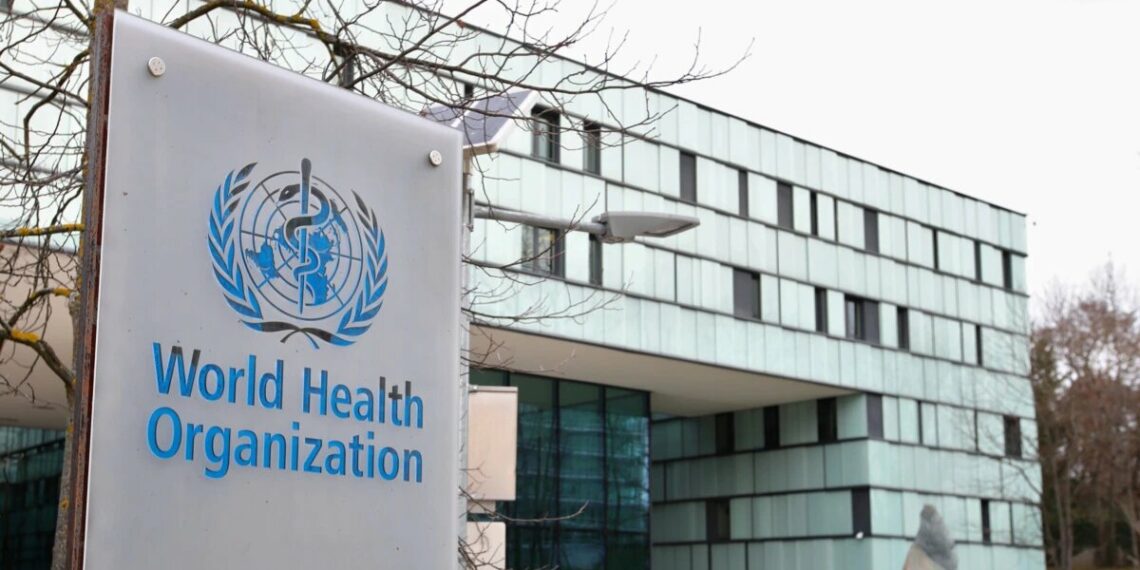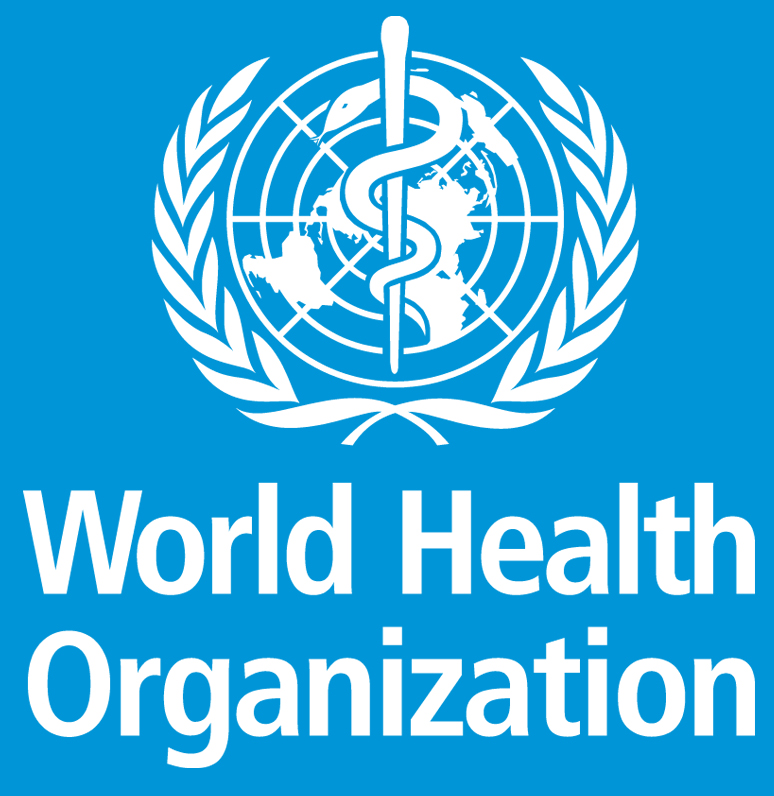The World Health Organisation Framework Convention on Tobacco Control has reiterated that tobacco consumption is highly injurious to health and overall well being of humans.
WHO again, emphasized the increased death toll as a result of tobacco consumption whether directly or indirectly.
The WHO FCTC Secretary, Sabina Timco, made this known during a press briefing organised by the Network for Accountability of Tobacco Transnationals ahead of the Global Tobacco Treaty Intergovernmental Negotiations, which will be held late November in Panama.
At the briefing preceding the 10th annual conference, the WHO called for the regularisation of the industry to protect lives.
Speaking at the virtual event, Timco said, “Tobacco has been and continues to be a major threat to health, life, the well-being not only of humans but also the planet, so tobacco is really a heavy burden on human life and the environment.
“Each year we lose eight million lives to the use and exposure to tobacco; seven million lives are lost to the use of tobacco products and 1.3 million lives are lost to exposure to tobacco smoke, so we have to keep that in mind when we look at the control measures and the treaties that are there to promote.”
She also disclosed that the major barrier the WHO FCTC faces is the counter efforts to frustrate plans to regulate them.
According to her, “The interference by the tobacco group and individuals that further the tobacco interest has been reported by the parties as the single most important barriers in implementing the treaties, so it is really something we have to keep in mind so we can counter the effort by the tobacco industry.”
On his part, the Kenya representative, Labram Musah, remarked that the tobacco industry has used the entertainment industry to portray the use of tobacco as normal.
He stated that tobacco advertisement, promotion and sponsorship are rife in the entertainment media.
“I know that a lot of movies which come to us where they are targeted to women and children and they seem to present cigarette smoking as a way of life. I think if you can have a way by which we can control this, that will be a big plus for the movement.”
He also hinted that while efforts are made to regulate the tobacco industry, the players are devising means to remain in the market by the introduction of products they tag as ‘harm reduction’ products.
“We are seeing the e-cigarette, oral nicotine, we are seeing all sorts of smokeless products which are already coming into our market and regulating them, classifying them is a big issue.
“Some of these products are presented as harm reduction which is a little bit absurd because there’s no study to show that they are safer than conventional products. I think this is an issue for Africa because we are struggling in terms of how to regulate and classify them, are they tobacco products, or are they not tobacco products? This is a big issue we have to look at,” he said.



